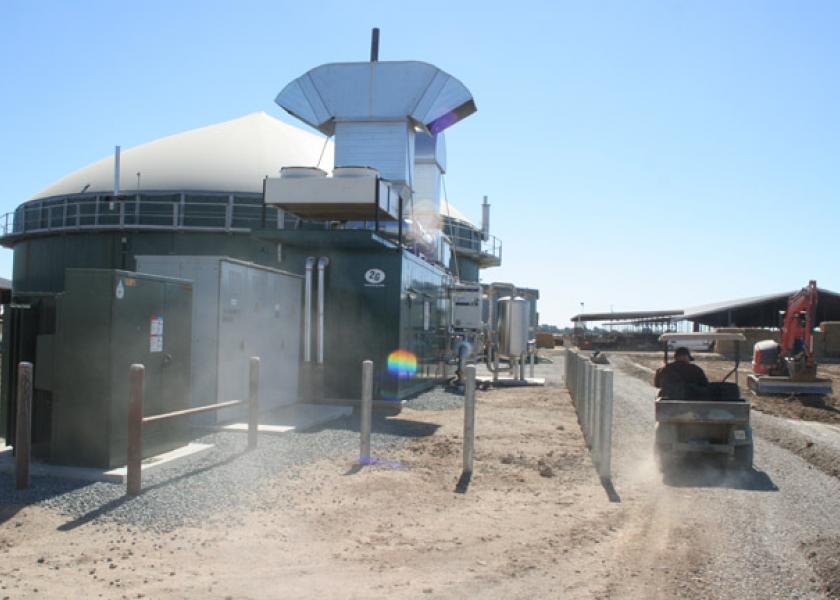Considering Carbon Markets? Follow This Advice

Vir Clar Farm has become a dairy leader by embracing technology. One example illustrated on their Fond du Lac County, Wis. Farm is their methane digester that was installed in 2004.
“We've been producing electricity for roughly 800 homes a day here utilizing the manure as a fuel source,” Katie Grinstead with Vir Clar Farm says.
Powering a community by what was once considered waste is not only helping the farm’s sustainability efforts, but it’s also generating additional income.
“We're actually taking something that is considered a waste product to most by producing electricity, separating bedding, the dry solids off for bedding, reducing the odor. We've been doing that already and we're going to take it to the next step and produce renewable natural energy,” Grinstead says.
Carbon Market Tips
Newtrient offers the following advice when exploring the carbon markets.
Ask Questions.
Understand revenue streams to make sure there is consistent and long-term funding options. Are companies setting aggressive carbon reduction goals or seeking to green their portfolio? Learn about regulations on certain sectors, such as transportation, as well as any support from government programs for the adoption of climate-smart practices, such as the Inflation Reduction Act or Climate-Smart Commodities.
Be Familiar.
Recognize the differences between carbon markets, such as contract duration, acreage minimum, look-back period, cost-share programs, targeted buyers, product linkages, data control and privacy.
Don’t forget to ask these questions:
- What are the payment periods?
- What is the payment amount?
- What is the minimum acreage required?
- What locations are offered?
- What are the data requirements?
Data ownership? - When is the program start date?
End date? - Can early adopters participate?
- Who pays for the monitoring?
What farmers can do today
- Support opportunities (policy, etc.) for farms to access carbon markets.
- Evaluate and question solutions and the impacts on your farm and future markets.
- Keep your options open, knowing many more opportunities will be coming down the pipeline.
- Stay curious about how your farm can diversify beyond milk.
- Talk with your trusted farm advisers and seek out contacts who know about carbon markets.
- Record, record, record.
- Talk to a farmer who is doing it today.







